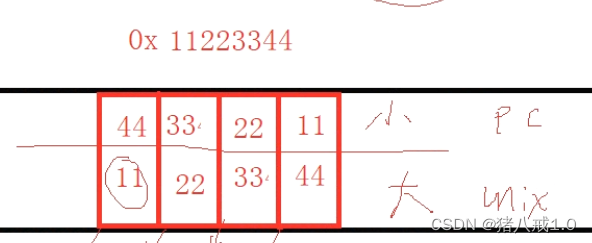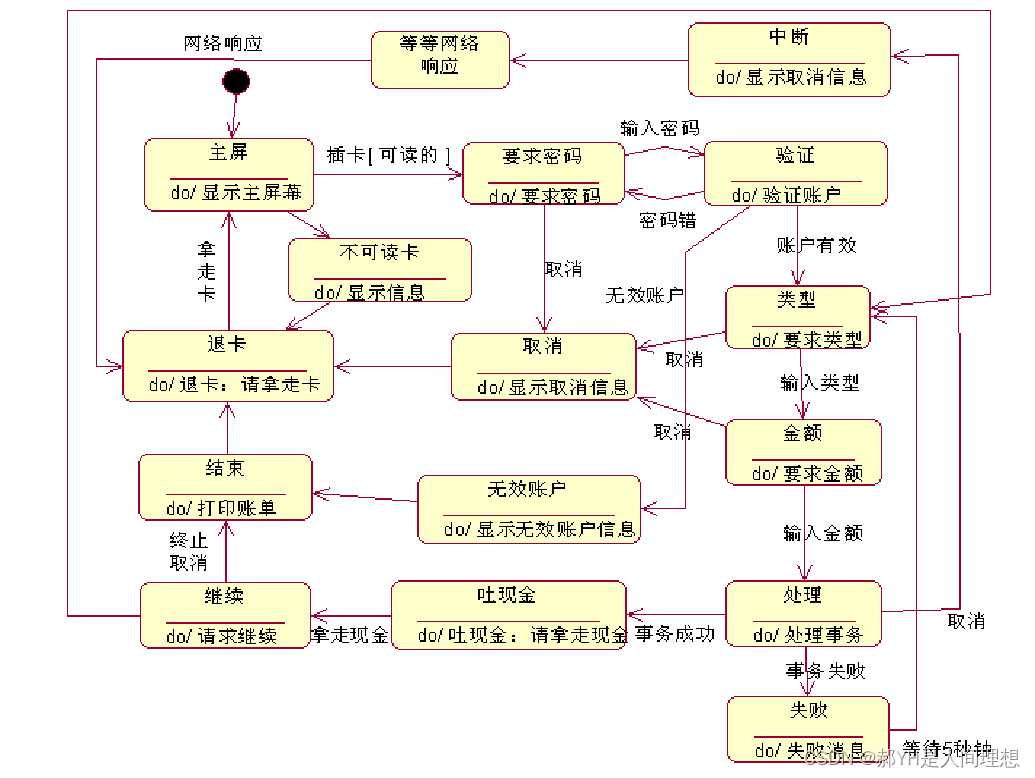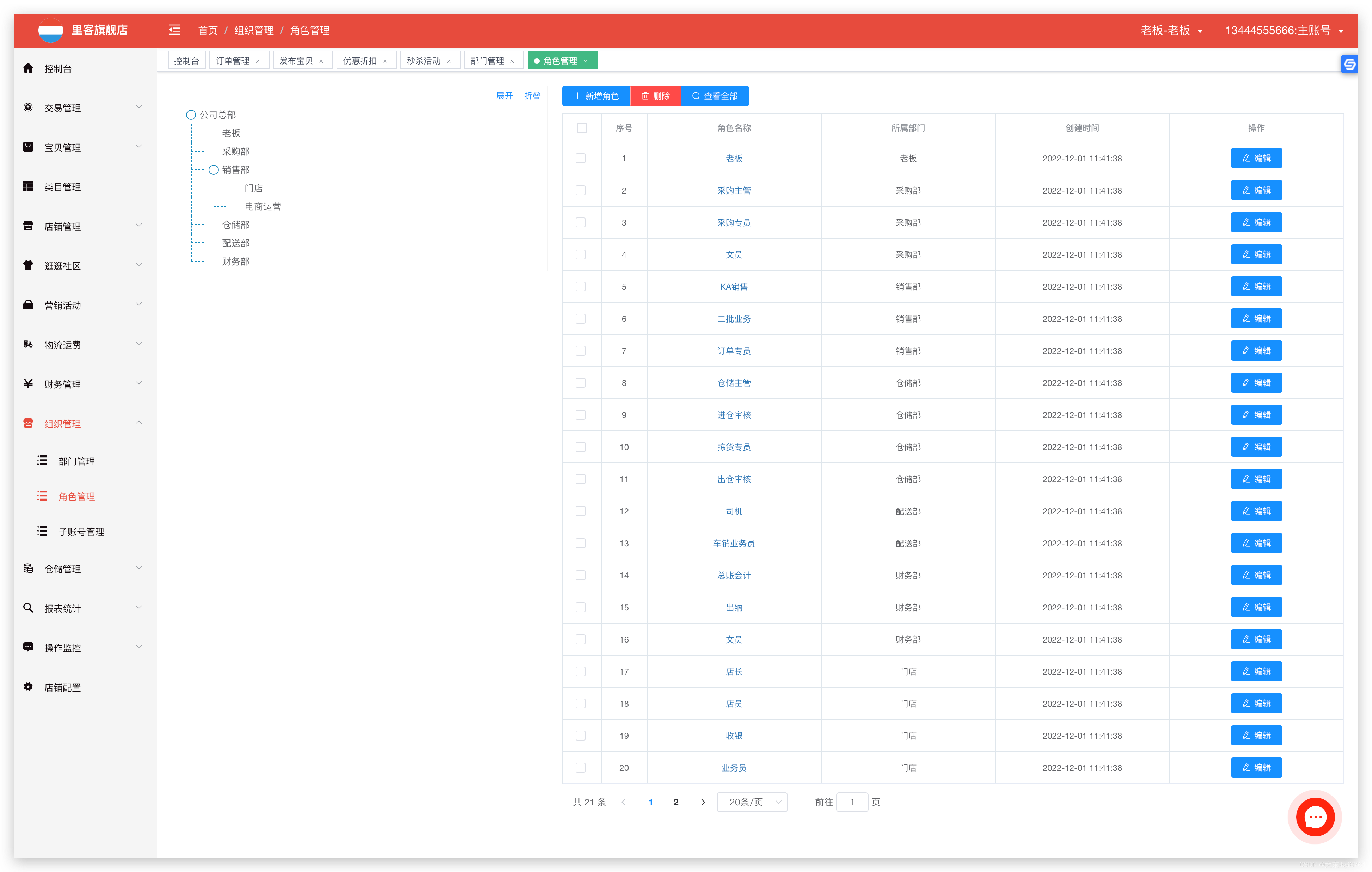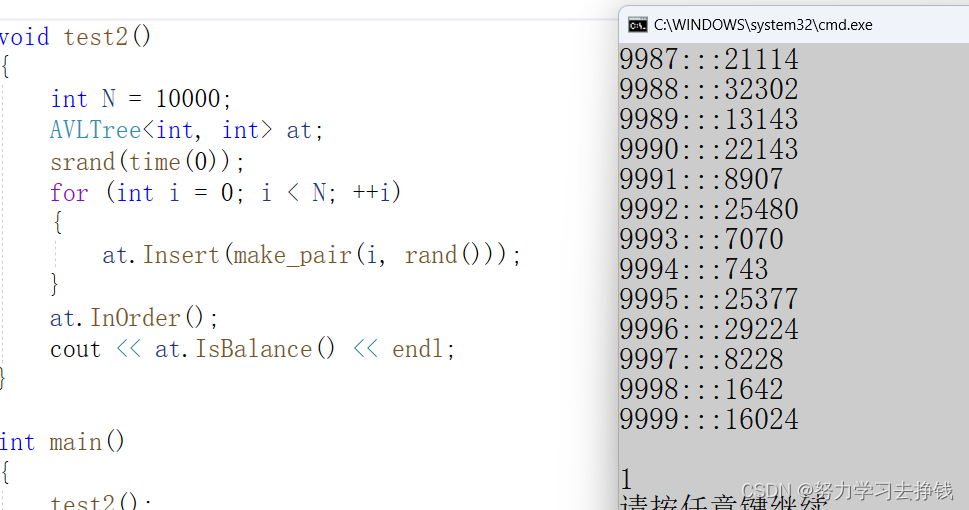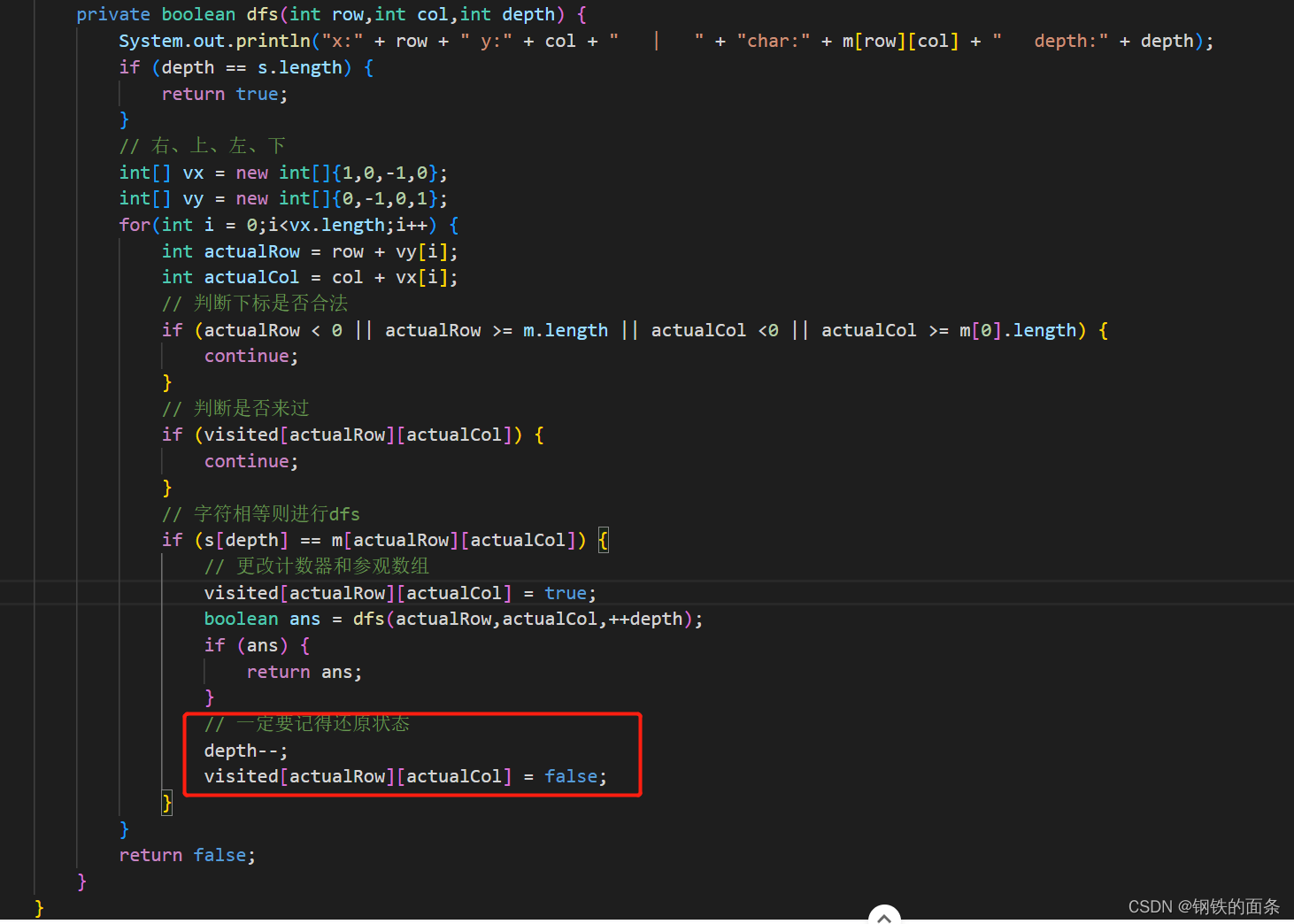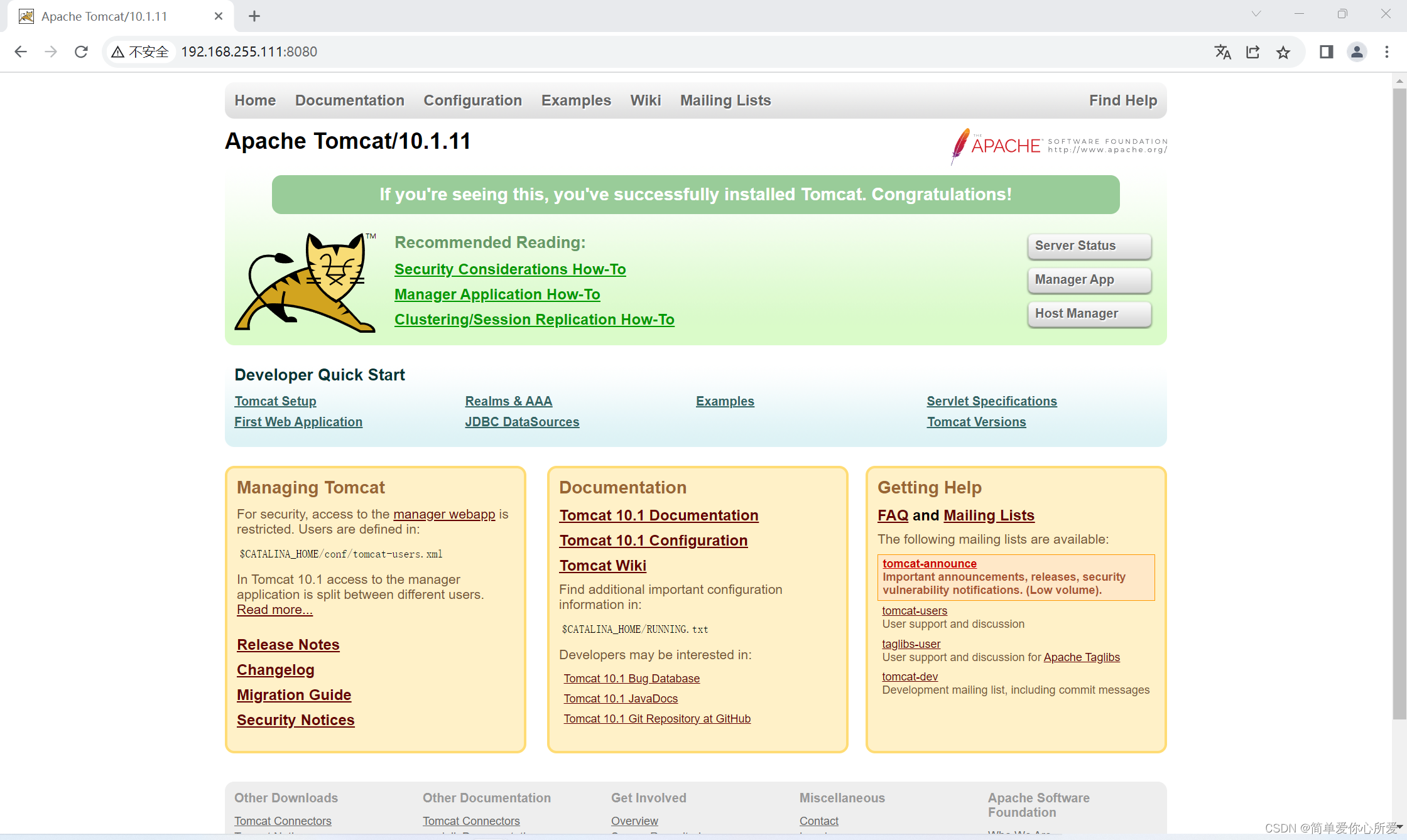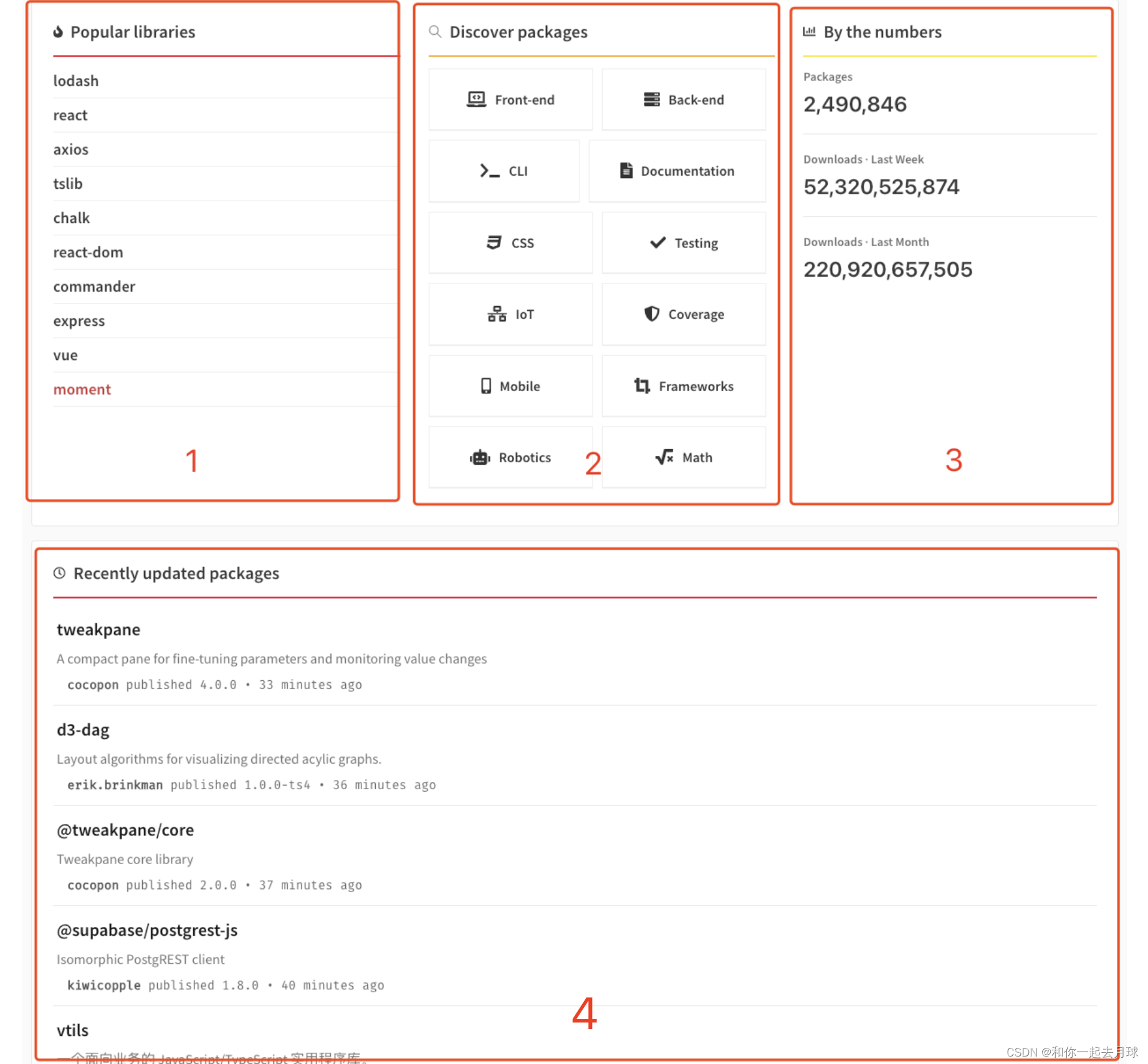函数默认参数
在C++中,函数的形参列表是可以有默认值的。
语法:
返回值类型 函数名 (参数 = 默认值){}
示例:
#include<iostream>
using namespace std;
//函数默认参数
//如果我们传入了自己的数据就使用自己的数据,否则就是使用默认值
//语法: 返回值类型 函数名(形参 = 默认值){}
int func(int a, int b = 20, int c = 30)
{
return a + b + c;
}
//注意事项
//1、如果某个位置已经有了默认参数,那么从这个位置往后从左到右,都必须有默认值
//int func02(int a, int b = 10, int c)
//{
// return a + b + c;
//}
//2、如果函数声明有了默认参数,函数的实现就不能有默认参数
// 声明和实现只能有一个有默认参数
//原因:二义性
int func2(int a = 10, int b = 10);
int func2(int a, int b)
{
return a + b;
}
int main()
{
cout << func(10, 30) << endl;
cout << func2(10, 30) << endl;
//cout << func02(10) << endl;
system("pause");
return 0;
}
- 第一注意点
- 第二注意点
笔记:

函数占位参数
C++ 中函数的形参列表里可以有占位参数,用来做占位,调用函数时必须填补该位置
语法:
返回值类型 函数名(数据类型){}
函数占位参数存在意义在后面的学习中会使用到该技术。
示例:
#include<iostream>
using namespace std;
//占位参数
//返回值类型 函数名 (数据类型){}
//目前阶段的占位参数 我们还用不到 后面学习深入会用到
//占位参数可以有默认参数void func(int a , int = 10)
void func(int a , int )
{
cout << " this is a function" << endl;
}
int main()
{
func(10,10);
system("pause");
return 0;
}

笔记:
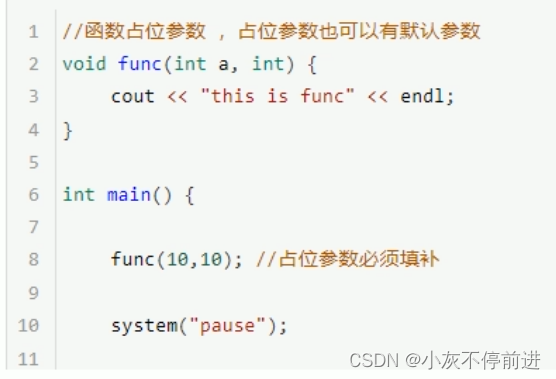
函数重载
函数重载概述
作用:函数名可以相同,提高复用性
函数重载满足条件:
- 同一个作用域下
- 函数名称相同
- 函数参数类型不同或者个数不同或者顺序不同
注意:函数的返回值不可以作为函数重载的条件
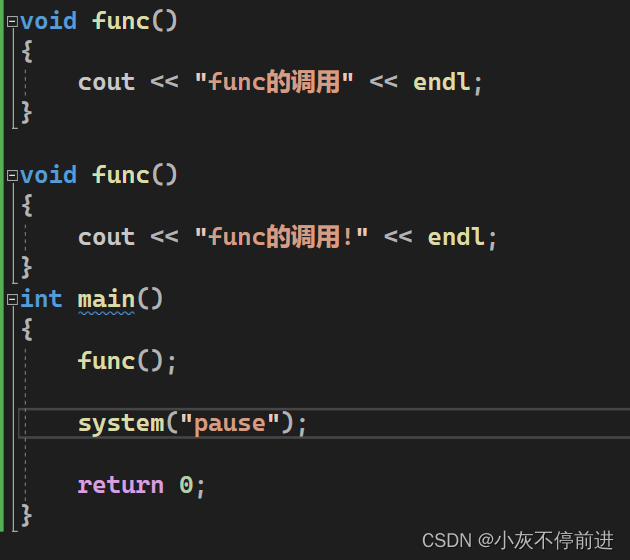

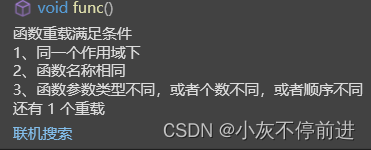
示例:
#include<iostream>
using namespace std;
//函数重载
//可以让函数名相同,提高复用性
//函数重载满足条件
//1、同一个作用域下
//2、函数名称相同
//3、函数参数类型不同,或者个数不同,或者顺序不同
void func()
{
cout << "func的调用" << endl;
}
void func(int a)
{
cout << "func(int a)的调用!" << endl;
}
void func(double a)
{
cout << "func(double a)的调用!" << endl;
}
void func(int a,double b)
{
cout << "func(int a,double b))的调用!" << endl;
}
void func(double a, int b)
{
cout << "func(double a, int b)的调用!" << endl;
}
//注意事项
//函数的返回值不可以作为函数重载的条件(返回值不同不是重载)
//int func(double a, int b)
//{
// cout << "func(double a, int b)的调用!" << endl;
//}
int main()
{
//func();
//func(10);
//func(3.14);
//func(10, 3.14);
func(3.14, 10);
system("pause");
return 0;
}
笔记:
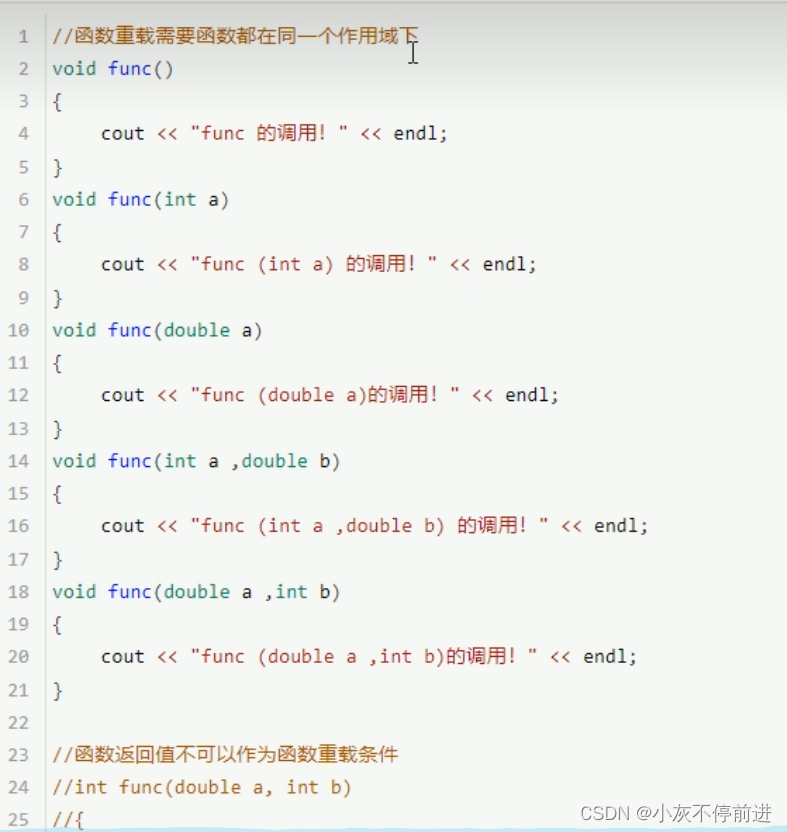
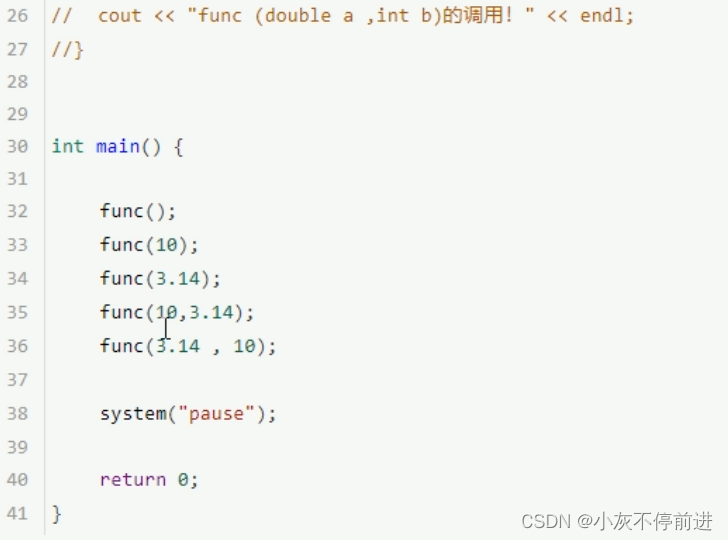
函数重载注意事项
- 引用作为重载条件
- 函数重载碰到函数默认参数
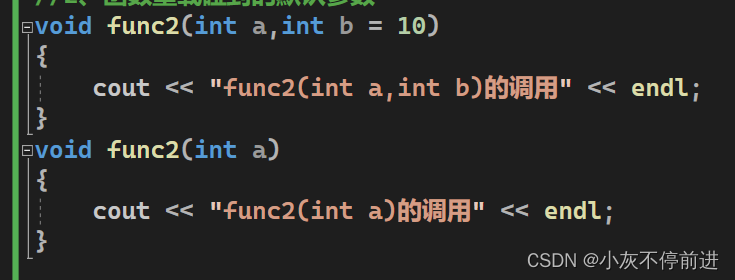

示例:
#include<iostream>
using namespace std;
//函数重载的注意事项
//1、引用作为重载的条件
void func(int &a)
{
cout << "func(int &a)调用" << endl;
}
void func(const int &a)//const int& a = 10;相当与创建了一个临时数据,让a指向那个临时空间
{
cout << "func(const int &a)调用" << endl;
}
//2、函数重载碰到的默认参数
void func2(int a,int b = 10)
{
cout << "func2(int a,int b)的调用" << endl;
}
void func2(int a)
{
cout << "func2(int a)的调用" << endl;
}
int main()
{
//int a = 10;//变量 可读可写
//func(a);//此时传入会使用非const版本
//func(10);//此段如果还是使用非const版本,语法就会变为 int &a=10;非法语法(引用不可以=10),走const版本语法就是 const int &a=10;为合法语法。
//func2(10);//当函数重载碰到默认参数,出现二义性,报错,避免出现这种情况。写函数重载尽量避免写默认参数
system("pause");
return 0;
}
笔记:






